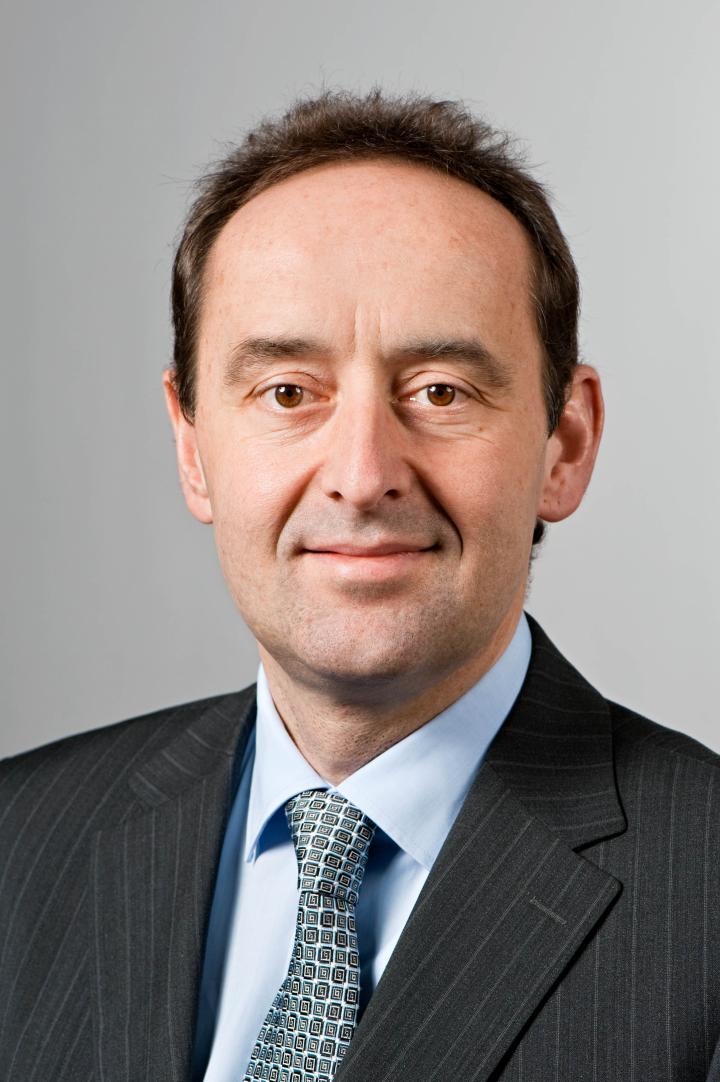Speaker
Oliver Fischer
CV
After studying civil engineering at the Technical University of Munich (TUM), Professor Oliver Fischer worked as a research assistant at the Institute of Mechanics and Statics and the Institute of Structural Engineering at the University of the Bundeswehr Munich (UniBwM), where he gained his doctorate in 1994. He then joined a major construction group, where he held various management positions in Germany and abroad. He was primarily responsible for the design/engineering and design management for large and complex national and international infrastructure projects and corresponding civil engineering structures, most recently as managing director of all technical units with global responsibility. He is a member of numerous specialist bodies and committees and has been passing on his experience to the next generation of engineers through teaching assignments since 1999 (bridge construction: TU Darmstadt; structural dynamics: UniBwM). Since October 2009, he has been a full professor at the Chair of Concrete and Masonry Structures at TUM and is head of the experimental research centre for structural engineering (LKI) and the associated department of the Materials Testing Institute (MPA BAU). In addition, Mr Fischer has been a member of the Executive Board of Büchting+Streit AG since 2011 and is involved in complex projects in the fields of structural engineering, bridge construction and tunnelling as a consulting engineer, expert and independent checking engineer.
In his theoretical and experimental research, Professor Fischer and his team are particularly concerned with the structural application of new high-performance materials (including UHPC, fibre-reinforced concrete, carbon), with realistic engineering models for civil structures, bridges and tunnels, research topics related to existing structures and their assessment, strengthening or re-use, with the further development of numerical methods, measurement techniques an monitoring solutions, with object-specific load models and accidental loads such as fire/earthquakes, as well as with innovative technologies for the fabrication of structural members such as adaptive manufacturing (including 3D printing), digital concepts and serial/modular manufacturing. In addition, resource optimization and sustainability also play a major role, particularly in the context of infrastructure.
